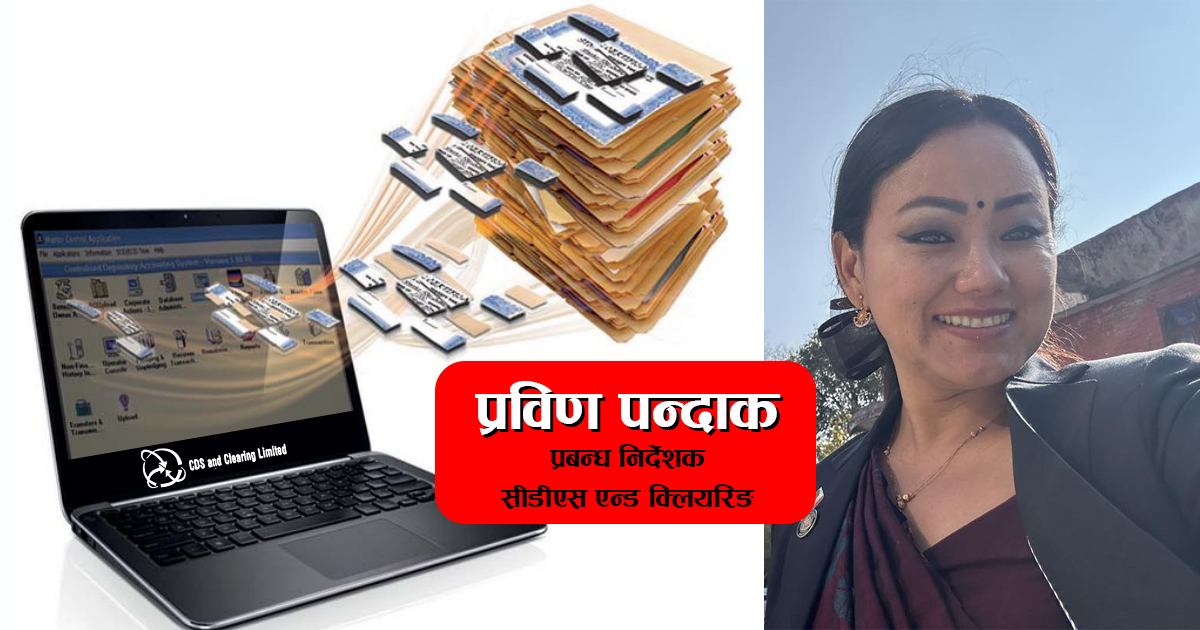Kathmandu: A deepening dispute over the allocation of International Securities Identification Numbers (ISIN) has disrupted the listing of new companies in Nepal’s secondary share market.
The controversy emerged after CDS and Clearing Limited (CDSC) began demanding separate ISINs for promoter and public shares of companies operating in the hydropower, manufacturing, and service sectors, creating confusion among investors and listed firms alike.
The ISIN is a globally accepted 12-digit unique code assigned to each type of security issued by a company. Typically, international practice recognizes only one ISIN for common equity shares, regardless of the shareholder category.
However, CDSC’s insistence on dual ISINs—one for promoter shares and another for public shares—has effectively stalled the listing process for several newly issued shares.
The controversy first arose with Emerging Nepal Limited, which faced ISIN bifurcation after its IPO. CDSC assigned separate ISINs for promoter and public shares.
When the company later requested a single ISIN, it sparked a broader debate about the validity and necessity of the dual ISIN practice.
Following this precedent, CDSC has reportedly demanded dual ISINs from companies such as Sanvi Energy, Bikas Hydropower, Trade Tower, Pure Energy, and Om Megashree Pharmaceuticals. Consequently, shares of these companies are not visible in investors’ demat accounts, causing delays and uncertainty in trading.
Nepal’s securities regulator, the Securities Board of Nepal (SEBON), has repeatedly instructed CDSC to follow global standards and assign a single ISIN to shares of the same type. However, CDSC has defied these directives, citing ambiguities in legal interpretation.
With CDSC’s non-compliance persisting, the matter has escalated. A formal complaint has been lodged with the Commission for the Investigation of Abuse of Authority (CIAA), which has demanded detailed clarification from CDSC and instructed it to resolve the issue within seven days as per existing laws.
The controversy has also caught the attention of the Parliamentary Public Accounts Committee, which has written to both SEBON and CDSC, demanding transparency in Nepal’s capital market and protection of investor interests.
CDSC’s Acting CEO Prabin Pandak has come under fire for allegedly making unilateral decisions that have led to the current crisis. Critics claim she blocked listings by insisting on separate ISINs even for non-banking and non-insurance companies, challenging established practices.
Under her leadership, CDSC has reportedly refused to accept stock symbols assigned by the Nepal Stock Exchange (NEPSE), demanded dual stock codes, and extended procedural delays based on its own interpretations. Pandak also faces allegations of institutional mismanagement, internal conflicts, and damaging the working relationship between CDSC and NEPSE.
Despite this, Chapter 9, Rule 38 of the Securities Registration and Issuance Regulations 2073 (2016) clearly states that promoter shares are subject to a three-year lock-in period. During this time, such shares cannot be freely traded. Once this period ends, they are treated the same as public shares, rendering the need for separate ISINs unnecessary.
Investors and market analysts have criticized CDSC’s stance, asserting that assigning dual ISINs for the same type of equity makes no sense. Globally, including in the US and Europe, a single ISIN is used for all common shares, regardless of voting rights or shareholder classification. They cite Facebook as an example, where even different voting classes of shares share a single ISIN.
Companies attempting to list their public shares on the secondary market are now trapped in bureaucratic limbo, with CDSC’s firm stance forcing them to turn to SEBON for redress. SEBON has continued to push for unified ISINs in line with international norms and historical practice, but CDSC reportedly dismisses these directives and pressures companies to comply with its own procedures.
As a result, NEPSE too has faced operational roadblocks, as it has refused to assign two stock codes for a single company. CDSC, meanwhile, neither coordinates with NEPSE nor adheres to SEBON’s guidance.
Adding to the controversy, CDSC has allegedly pressured companies to amend their articles of association and internal rules through special general meetings without informing regulatory bodies, further increasing the burden on those companies.
Affected firms have accused CDSC of creating unnecessary legal and procedural hurdles not backed by any law. Many argue that Pandak’s rigid position is not only harming investors and companies but also deterring potential investment in Nepal’s capital market.



Comment Here